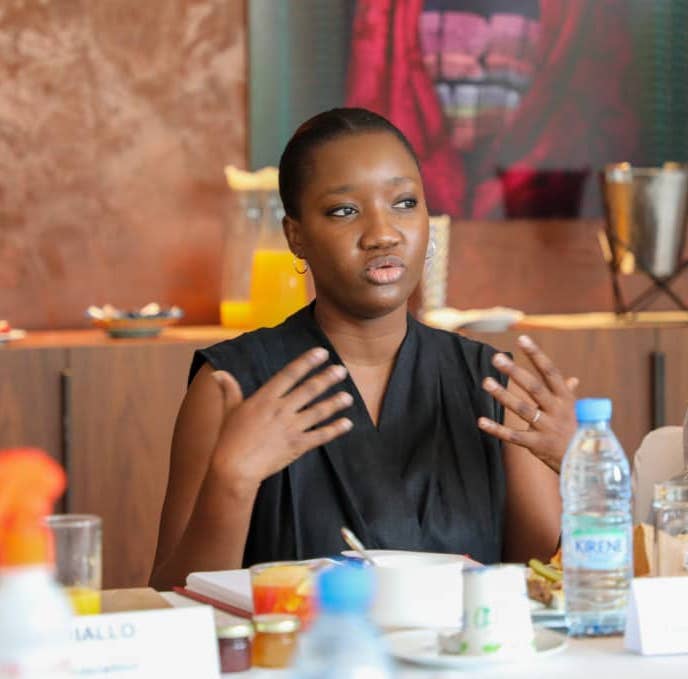Ask a social entrepreneur: What is keeping Senegalese women and girls from mastering technology?
Date:

The place of women and girls in STEM (Science, Technology, Engineering and Mathematics) is still timid. What we have observed on the ground outside the capital is that there is a problem of access to education for girls compared to boys. There is also a problem of access to connectivity or even sometimes electricity. This puts a brake on it and reduces the chances of more women emerging in STEM. There is a great deal of emphasis on fostering programs designed for young girls. L’atelier des Génies wants to break down this barrier very early on that tells young girls that “You can't go to school and study as long as boys”, “You can't go to a scientific field”. Girls have the ability and intelligence to pursue studies with scientific and technological outlets. It is very important to integrate it into the minds of girls in school.
Connection is expensive in Senegal. Few women will choose to spend on connectivity, which cuts them off from the world. In the field of tech, you must always update yourself, so you must stay connected. Technological tools are also expensive, let it be said. It can be a hindrance for these women when we know that there is an issue with economic independence.
L'Atelier des Génies has programs specifically designed for women seeking retraining or integration into society, such as women who have dropped out of school too early or women refugees. We also have programs for women who are already in economic activities. We train them in digital tools and technical skills in areas that they need to develop their business. So, we work with women processors, farmers, or merchants. We want to break this belief that when we are illiterate, we cannot use new technologies. Our goal is therefore to have more girls who will continue a course in TEMS and to have more women who will integrate the technological tool into their work.
When I embarked on L’Atelier des Génies, I was the director of a company in the field of digital marketing that supported SME/SMI companies in the structuring of their marketing department and in the integration of a digital marketing department. That was because it was at that time that businesses began to give importance to this area. By being in contact with all these business directors and young people who were in the tech world in Senegal, with the co-founder, we began to wonder how it was that we had so much trouble reaching skill levels in technical fields. Whether UGB (Gaston Berger University of Saint Louis) or UCAD (Cheikh Anta Diop University of Dakar), we have the best universities in Africa, but we have trouble reaching global standards.
We thought we had to accelerate the integration of digital into school curricula to foster a "digital ready" generation. We know that training in algorithmics and programming push to develop the structuring of a way of thinking that pushes the search for a solution. This is the basis of all technological innovation. We got started very quickly. My co-founder, who is an engineer, and I have given our all to design advocacy, programs and integrate them into the school and build design teams that can write them so that they are adapted to the school curriculum.
It is a social entrepreneurship project. It is a company because today we tell ourselves that we can do social work while generating profit. It is a model that would benefit from being more exploited in our continent. Profitability and turnover constraints do not prevent us from having a strong social impact through our activities. Therefore since the beginning of Ateliers des Génies we have always favored an audience composed of vulnerable people.
vulnérables.